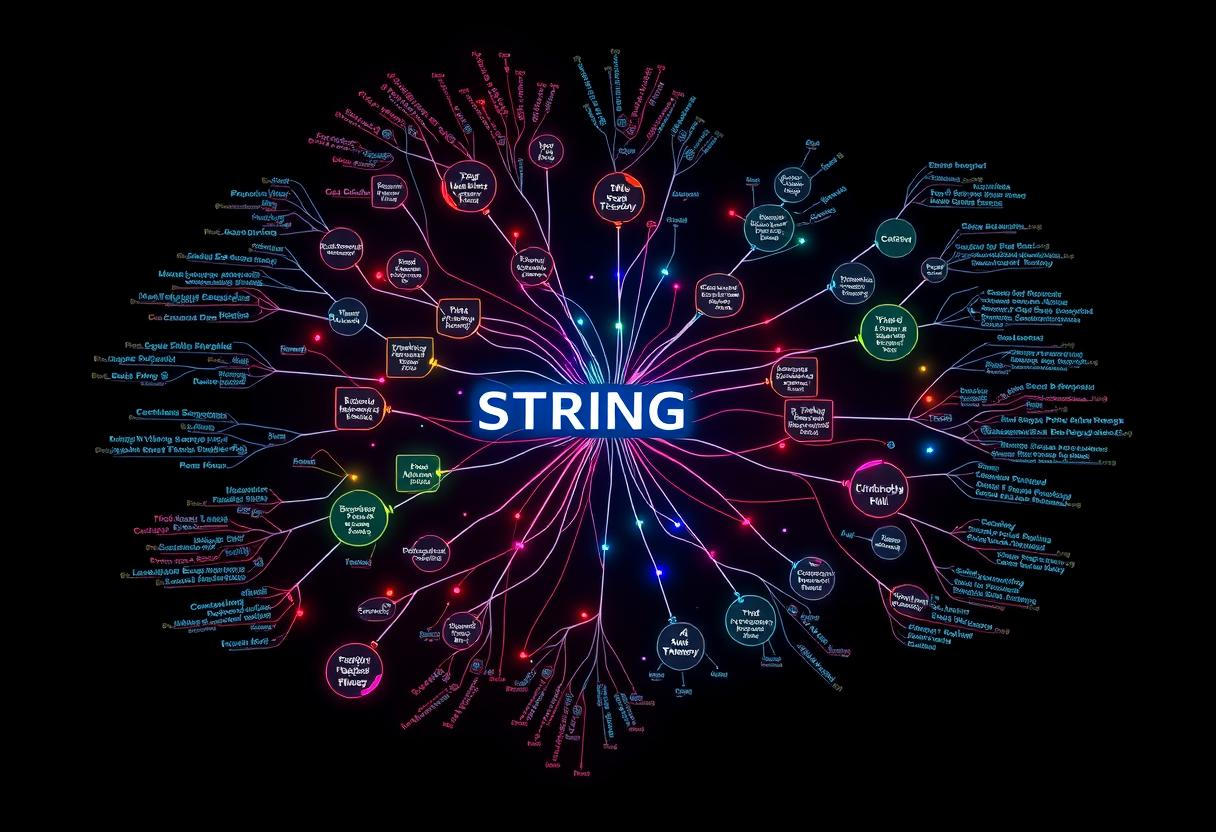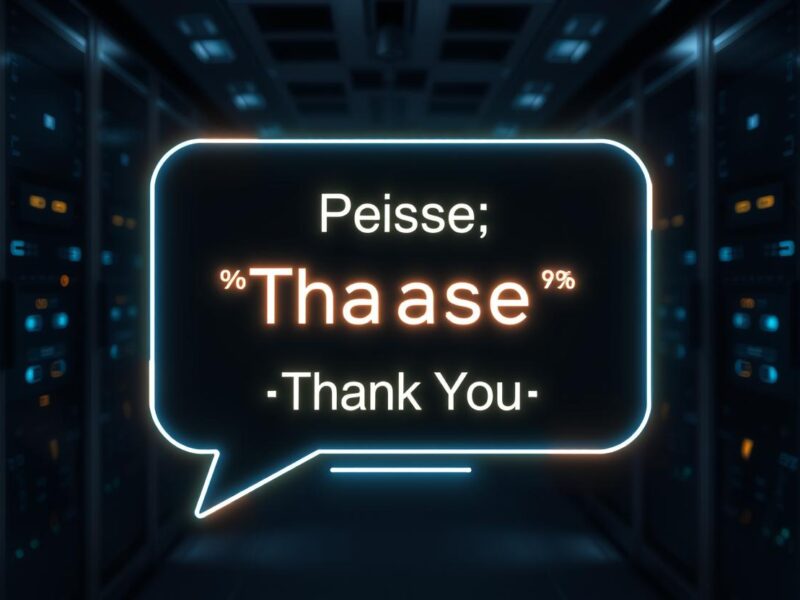Ever wondered how AI could tackle one of physics’ most complex topics? I did, and the results were… enlightening. 😊
NotebookLM, Google’s AI research tool, recently got an update. Now, it can turn your uploaded documents into summaries, mind maps, and even podcasts. I decided to test its limits with a 218-page research paper on string theory by Dr. David Tong from the University of Cambridge. Spoiler: it was a wild ride.
First, let’s talk about NotebookLM. It’s like having a research assistant who never sleeps. You feed it documents, and it spits out digestible formats. The AI generates podcasts that sound like your favorite science show—conversational, sometimes funny, and always trying to make complex ideas accessible.
String theory, though? That’s a tough nut to crack. The paper I used is dense, filled with terms like “relativistic point particle” and “holomorphic.” I barely understood the abstract, but NotebookLM didn’t flinch. It churned out a 31-minute podcast where two AI hosts explained string theory in layman’s terms, using analogies and summaries to keep me engaged.
Here’s the kicker: the AI hosts sounded like they knew their stuff. They covered general relativity, quantum mechanics, and even mentioned the 2009 claim about observational evidence for string theory. But as the podcast went deeper, I felt like I was drowning in a sea of “vertex operators” and “supersymmetry.” The hosts tried to keep it light, but string theory is, well, theoretical.
The mind maps were another story. They started simple but quickly branched into a labyrinth of concepts. It’s a great tool if you’re studying the topic, but don’t expect it to replace your physics professor.
Accuracy? That’s the million-dollar question. AI can hallucinate, so I reached out to Dr. Tong and another physicist, Michael Lubell. Dr. Lubell’s verdict? “Interestingly presented, but it requires a reasonable amount of expertise to follow.” Fair enough.
So, did NotebookLM blow my mind? Yes and no. It’s impressive how well it handled such a complex topic, but it’s not a magic bullet. If you’re curious about string theory, this tool can help—but you’ll still need to do some heavy lifting.
Final thought: Maybe the AI hosts now know more about string theory than I ever will. And that’s both terrifying and exciting. 😊


